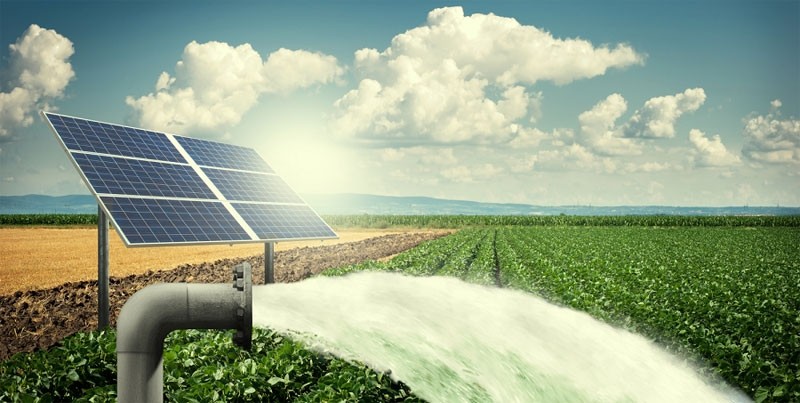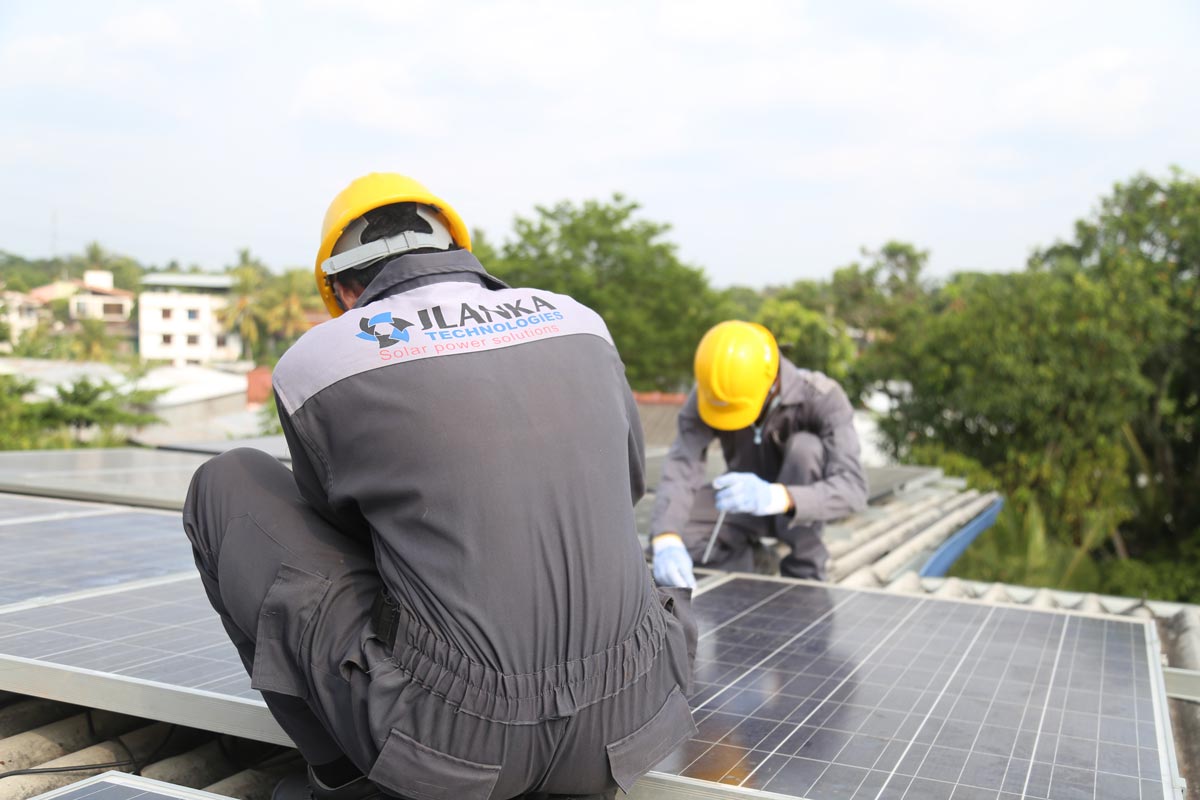
A Thought Leadership Article by JLanka Technologies
While Sri Lanka’s management and control of the spread of COVID-19 won us great recognition from many global agencies and countries worldwide, we have also witnessed how our island’s almost forgotten, mistreated and overtaxed agrarian culture took the vanguard in our fight against the pandemic. It also saved us from what could have been one of COVID’s greatest consequences – the lack of food security and potential starvation.
Now, as we slowly and steadily try to regain a semblance of normalcy in our lives, agriculture is being touted as a sector that requires investment and infrastructure development. It’s not only to enable agricultural self-sufficiency, but also to create greater foreign exchange earnings for Sri Lanka.
The Ceylon Chamber of Commerce recently submitted a multi-sectoral proposal to the Task Force for Economic Revival and Poverty Alleviation in Sri Lanka to support the ‘Shared Vision for Post-COVID-19 Economic Recovery’. In this proposal, immediate as well as mid to long-term recommendations were provided for the agricultural sector. Emphasis has been made on the requirement for such initiatives to be carried out as Public-Private Partnerships (PPP), encouraging the private sector of Sri Lanka to invest in agriculture modernization. The plan also includes setting up a National Steering Committee for Agriculture with both Government officials and private sector representatives, with a minimum 60% of representation from the private sector as well as agri professionals, academics, scientists and farmer organizations.
While rebuilding the foundation to nurture a strong agrarian economy that can go hand in hand with Sri Lanka’s trade-based mixed economy, we must also make this an opportunity to redirect the agricultural revolution towards a more sustainable route, as we see the country’s private sector becoming proactive participants in such groundbreaking initiatives.
Renewable energy generation has been one such vertical that has seen a rapid growth in investment due to a favorable policy regulatory environment. Following the landmark Paris Climate Agreement in 2015, Sri Lanka was one of the countries that agreed to make electricity generation 100% renewable as rapidly as possible, and by 2050 the latest at the 22nd UNFCCC Conference of Parties in Marrakech, Morocco in 2016, as part of the Climate Vulnerable Forum.
The main renewable energy sources available in Sri Lanka are hydropower, biomass, wind and solar, with wind and solar projects – named New Renewable Energy (NRE) technologies in Sri Lanka -receiving some much deserved attention and investment over the past decade or two. According to The Sri Lanka Sustainable Energy Authority, Solar Power is one of the renewable energy sources that saw a widespread scale of use in Agriculture across Sri Lanka as per their records by the end of 2017.

Applications of Solar Power in Agriculture
There are a number of applications where solar power can be used across numerous agriculture verticals. Implemented by the Ministry of Agriculture as far back as 2005, the Sustainable Agricultural Water Management Project (SAWMP) paved way for Solar Irrigation across Sri Lanka, providing 5,000 solar-powered drip irrigation units to smallholder farmers by mid 2007, and continuing to install 6000 more drip irrigation units across 14 agricultural districts including Ampara, Anuradhapura, Kurunegala, Mannar, Polonnaruwa, Puttalam and Ratnapura to date. Solar irrigation supports climate-resilient, low emission management of natural resources in agriculture, especially groundwater management across the dry zones.
Solar Drying is yet another application suitable for developing nations where fresh produce undergoes the traditional process of open-air drying carried out at farm level soon after harvesting, especially with highly perishable crops. Unfortunately, this practice leads to the spoiling of large quantities of fruits and vegetables at peak harvest time when local markets are saturated. Drying agricultural produce with thermal energy enables longer storage times, and makes the produce easier for transportation, drastically improving market saturation and balancing the supply and demand for seasonal produce.
One of the most obvious needs in the Sri Lankan agricultural supply chain however appears to be Climate Controlled Storage, a high-energy intensive, yet essential requirement in agricultural production, processing and preserving. As of late, we have seen numerous large-scale livestock farms across Sri Lanka invest in rooftop solar power stations, utilizing available rooftop areas to mount solar panels and generate power to self-sufficiently run all farming operations. This is a great start to promote not only clean energy, but also greater ROI through savings on electricity bills, and the increase of yield due to highly controlled, climate-resilient conditions for agriculture. Solar electricity can also be used to power engines, pumps, lights and electric fences.
A number of large and medium private corporations have shown interest in participating in the investment and development of the agriculture industry post-COVID-19, and this is where JLanka – Sri Lanka’s leading full-service subcontractor for engineering, procurement and construction (EPC) of solar projects, can be of service. With EPC management experience totaling to over 25MW of solar projects that range from small-scale residential to large-scale commercial developments, JLanka guarantees the most efficient and effective EPC functions that meets stringent schedules and budgets. JLanka has also partnered with global solar industry leaders such as SolarEdge, SMA, Trina Solar and Jinko to integrate internationally benchmarked technology together with global exposure and experience, to provide the most advanced solutions to the Sri Lankan solar landscape.
Connect with JLanka Technologies to make your investment fool proof, and continue to watch this space for more insight into going green beyond the pandemic.


